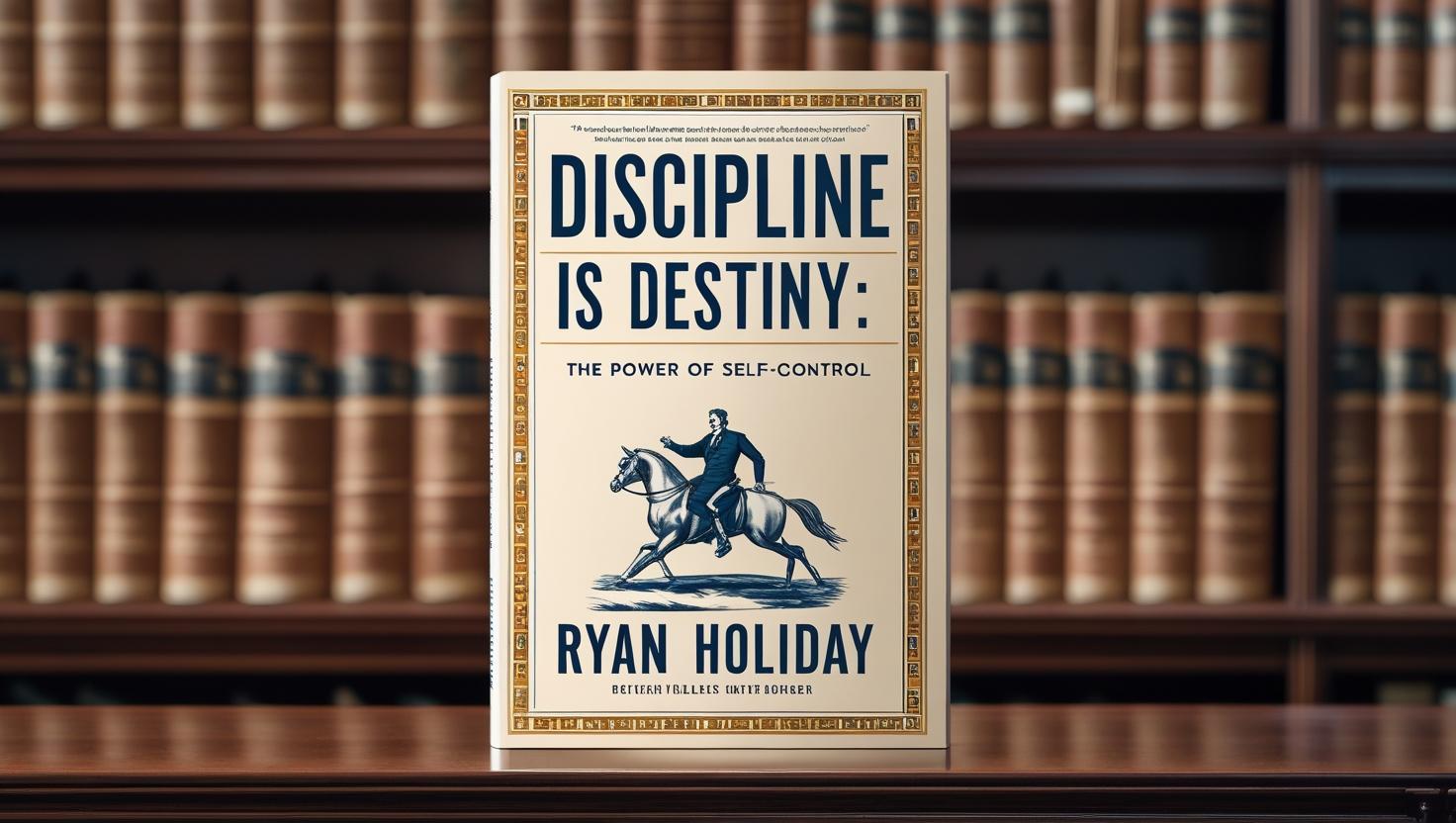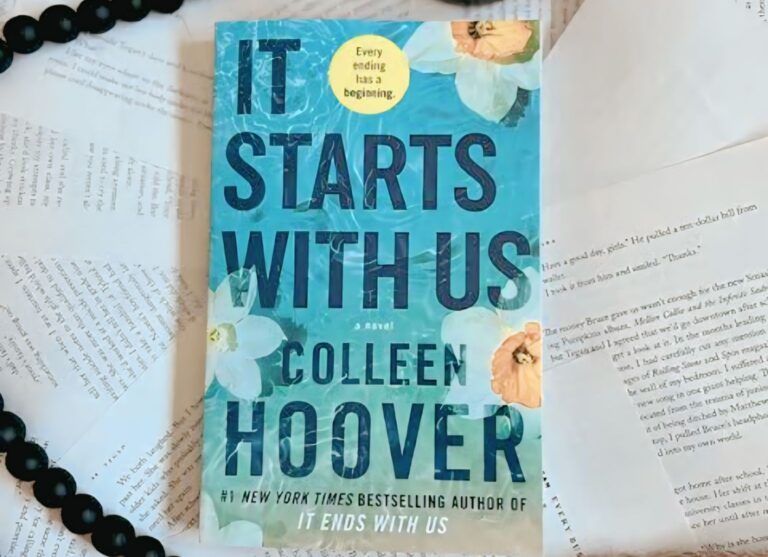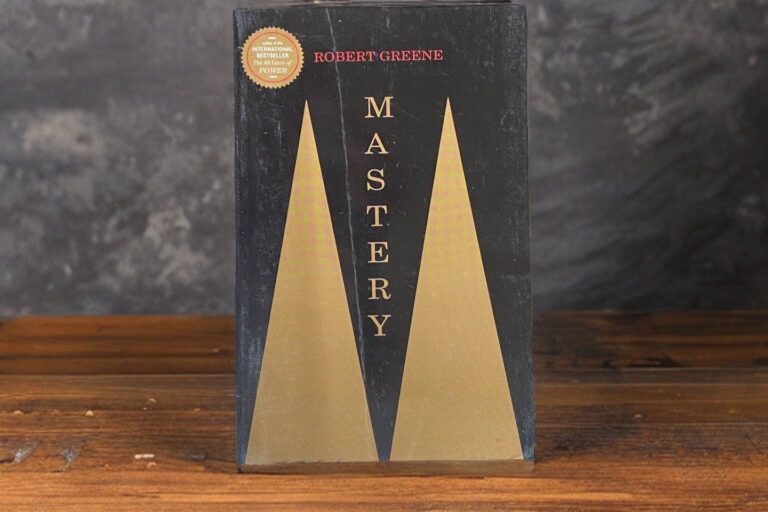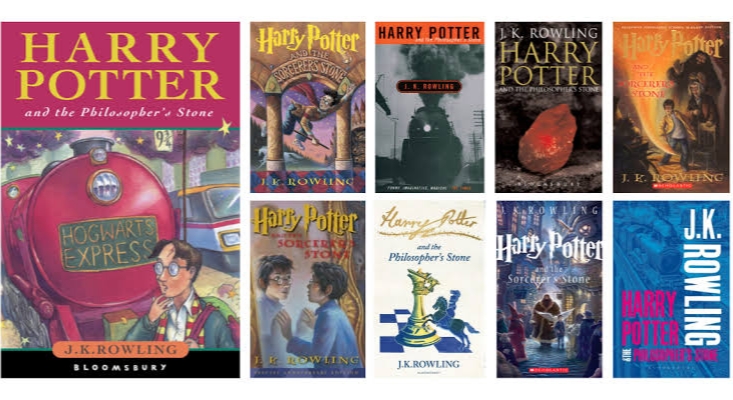
Introduction: The Quiet Power of Self-Control
In a world that worships speed, noise, and success-at-any-cost, discipline often feels like a quiet, almost invisible virtue. And yet, as Ryan Holiday brilliantly argues in Discipline is Destiny, discipline isn’t just a tool for productivity — it’s the foundation of a meaningful life. It’s not flashy, not glamorous, and certainly not easy, but it’s the thread that weaves together every great life. Whether you’re a student trying to stay focused, an artist fighting distraction, or someone simply trying to live more intentionally, this book offers a philosophy of discipline that transcends time.
About the Author
Ryan Holiday is a modern-day Stoic, known for bringing ancient wisdom into the chaos of contemporary life. A student of history, philosophy, and human nature, he has authored bestsellers like The Obstacle is the Way, Ego is the Enemy, and Stillness is the Key. With Discipline is Destiny, the second installment in his Stoic Virtue series, Holiday turns his lens toward temperance — the virtue of self-discipline — through stories of historical figures who lived (and sometimes failed) to embody it.
Core Premise of the Book
At its heart, Discipline is Destiny suggests that greatness begins not with talent or luck, but with temperance — the ability to restrain, to endure, and to act with purpose. Holiday reminds us that discipline is the virtue that shapes all others. It helps you wake up early when you want to sleep in. It keeps your mouth shut when anger bubbles inside you. It lets you choose focus over comfort, duty over distraction.
This book is not a one-size-fits-all rulebook. It’s a reflective guide — a call to cultivate discipline in body, mind, and soul.
Three Dimensions of Discipline
Holiday breaks discipline down into three major domains: the body, the mind, and the soul. Each section blends historical anecdotes with moral reflection, helping readers understand that discipline isn’t limited to any one area of life — it permeates all of it.
1. Discipline of the Body
This begins with the basics: waking early, staying fit, caring for our health. Holiday revisits figures like Lou Gehrig, the legendary baseball player who showed up for 2,130 consecutive games. That streak wasn’t luck — it was unshakable commitment. The body is the foundation of your will, and without discipline here, nothing else is sustainable.
Key Lessons:
- Small decisions — what you eat, how you sleep, how you move — accumulate over time.
- Endurance matters more than intensity.
- Comfort is the enemy of progress.
2. Discipline of the Mind
Mental discipline is about what we let in, how we respond to emotions, and how we stay focused amidst chaos. Think of Queen Elizabeth II, whose unwavering calm under pressure defined her reign. Or consider Angela Merkel, known for her deliberation and emotional steadiness. These leaders remind us: the mind must be trained like a muscle — through restraint, thoughtfulness, and clarity.
Key Lessons:
- Thoughts shape action — and so must be guarded fiercely.
- Detachment and humility protect you from impulsive decisions.
- You don’t need to react to everything. Silence is power.
3. Discipline of the Soul
This is the highest form of discipline — the inner compass that keeps you aligned with your values. It’s what keeps you honest, fair, and grounded. Holiday draws from the lives of Marcus Aurelius and Cato the Younger, men who lived with deep ethical discipline, even when it cost them dearly.
Key Lessons:
- Integrity requires sacrifice — and that’s what makes it rare.
- You must stand for something or risk falling for everything.
- Discipline is not just about doing, but being.
Why Discipline Is So Hard — and So Necessary
Holiday doesn’t sugarcoat the struggle. Discipline means doing what you must, not what you want. It means saying no more often than yes. It demands consistency, boredom, and even loneliness. But without it, life is reactive. You drift. You settle. You never reach your potential.
What makes Discipline is Destiny so powerful is its insistence that discipline is an act of love — love for yourself, your work, and your future. Every act of restraint is a vote for who you want to become.
Powerful Quotes from Discipline is Destiny
Here are some deeply resonant lines from the book that encapsulate its spirit:
- “Discipline, in the end, is a kind of love. It is a love of what you’re trying to accomplish.”
- “Freedom is not the absence of constraints, but the right constraints.”
- “Greatness is not the result of intensity, but consistency.”
- “Your self-control is your superpower in a world addicted to excess.”
Who Should Read This Book?
- Students & Young Professionals: To build sustainable focus and direction.
- Entrepreneurs & Creators: To overcome distractions and master long-term vision.
- Anyone Feeling Stuck: To reconnect with purpose, consistency, and control.
Whether you’re chasing a big dream or just trying to get through the day with grace, this book offers a compass to guide your actions.
Criticisms & Considerations
No book is flawless. Some readers may find Holiday’s frequent references to historical figures repetitive or romanticized. Others might wish for more actionable steps and fewer philosophical musings. But that’s not really what this book aims to be. It’s less of a self-help checklist and more of a moral meditation. It makes you pause. Reflect. Realign.
Final Reflection: Discipline as a Way of Being
Discipline is Destiny doesn’t just tell you to be disciplined — it shows you why it matters, and who you become when you practice it. In a world drowning in comfort and distraction, discipline is not just a virtue — it’s a rebellion.
And maybe, just maybe, it’s the only rebellion that builds rather than breaks.
FAQs about Discipline is Destiny
Q: Is this book part of a series?
Yes, it is the second book in Ryan Holiday’s Stoic Virtue series, following Courage is Calling and preceding Justice.
Q: Do I need to read the first book before this?
Not at all. Each book stands alone, though they share a Stoic framework.
Q: Is it more philosophy or self-help?
It’s a blend. It reads like a philosophical essay, but offers clear moral takeaways.
Q: Can students benefit from it?
Absolutely. It helps reframe discipline as an act of growth and self-respect.
Key Takeaways
| Theme | Insight |
|---|---|
| Discipline as Freedom | True liberty comes from self-restraint, not indulgence. |
| Consistency Over Intensity | Discipline is about what you do daily, not occasionally. |
| Character Is Built Daily | Discipline shapes not just habits, but identity. |
| Restraint Is Power | In a reactive world, self-control is a revolutionary act. |
Conclusion: Choose the Harder Path
In the end, Discipline is Destiny is not a call to perfection — it’s a call to effort. It’s a quiet whisper saying, “You are capable of more, but only if you take the harder path.” Discipline won’t always bring applause. But it will bring clarity, peace, and eventually, excellence.
And that, as Holiday reminds us, is destiny not as fate — but as choice.
If you found this summary insightful, explore more life-changing book reflections at thebooksx.com, where every page turned is a step toward becoming who you’re meant to be.






